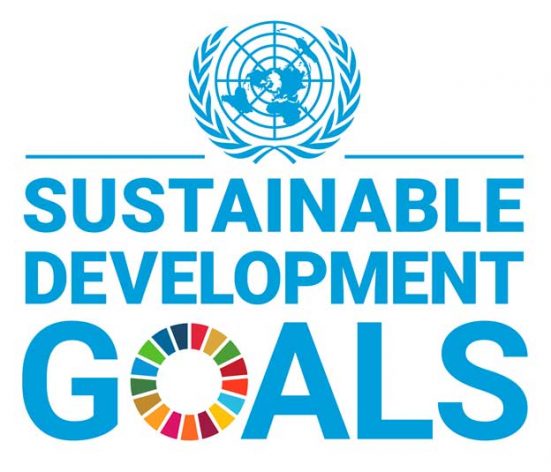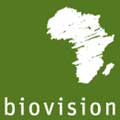Switzerland Buys itself Good Sustainability Scores at the Expense of Other Countries

GENEVA, Feb 19 (IPS) - According to the Sustainable Development Report 2020, Switzerland ranks at a shameful 163 of 165 in terms of so-called spillover effects. This means that Switzerland buys better sustainability scores in a number of areas, placing considerable burdens on other countries and the global environment.
By importing goods and services, we cause air pollution and biodiversity loss in the countries where the goods and services come from, for example by importing feedstuffs and synthetic fertilizers that we need for our intensive agriculture – especially our meat production.
In this way, we are not only concealing our own sustainability shortcomings; we are also limiting the ability of other countries to achieve their global sustainability goals.
What is Switzerland’s role in achieving the sustainability goals?
It is often said that Switzerland is too small to make a difference in the fight for sustainable development. Precisely because of the spillover effects, however, our enormous ecological footprint – and our considerable involvement in global financial flows that are detrimental to sustainability – demand that we increase our global responsibility.

Solutions need strong Swiss leadership. Sustainable Development Solutions Network Switzerland (SDSN), a UN initiative for implementing Agenda 2030 and the Paris Climate Agreement, wants to actively work towards achieving the sustainability goals and advocate for goal-oriented policies.
That is why we are participating in consultations and formulating proposals to improve the current strategy.
What is the general assessment of the strategy plan draft?
A positive aspect is that the strategy reflects a holistic understanding of sustainable development and provides valuable guidelines. However, the major shortcoming is that innovative ideas and goal-oriented solutions are lacking.
The strategy is mainly based on already existent practices and strategy areas, and beyond those it remains vague.
What does this mean concretely? What improvements does SDSN think the strategy needs?
We see this aspect as paramount at this time: Switzerland urgently needs to recognize and assume its global responsibility. This is the greatest leverage for achieving the sustainability goals.
On the one hand, it entails that Switzerland must reduce its global footprint, for example by rethinking consumption. Solutions for how to make life in Switzerland possible while considering the planet’s carrying capacity must be identified.
On the other hand, the strategy presented should address how illegitimate financial flows can be stopped.
Too much is based on voluntary action, which is inadequate – for example, the desire for a more sustainable banking and financial centre: despite progress, reality shows that regulations are necessary so that short-term economic interests do not detrimentally dominate people and the environment.
Moreover, the strategy has no financial plan. We therefore propose, among other things, that the federal coordination offices receive a budget.
Where is further action needed?
It must be ensured that sufficient resources flow into sustainability research and cross-cutting implementation projects. This is because research can identify effective paths to transformation and develop concrete proposals for more sustainable measures.
We also think that strategy should set more ambitious goals. In some cases, they are formulated more weakly than in the 17 global goals or are completely ignored. Here we call for more concrete definitions and recommendations for action for each sustainability goal.
What is the message to the federal government?
We need a strategy that is backed by the economy but also by the community, with goals that are not watered down – certainly not lower than the goals of Agenda 2030. We need a strategy that presents workable, sustainable solutions with a financial plan and effective controlling – not one that only ends up as an administrative report in a federal folder.
Follow @IPSNewsUNBureau
Follow IPS New UN Bureau on Instagram
© Inter Press Service (2021) — All Rights Reserved. Original source: Inter Press Service
 Global Issues
Global Issues